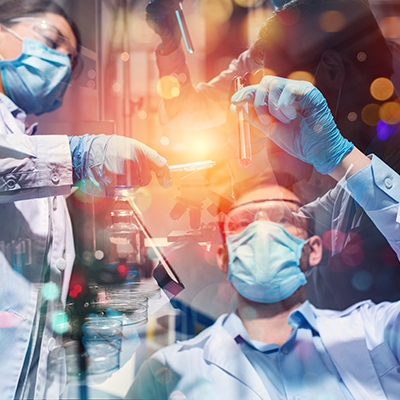 New COVID-19 vaccine platforms emerge, are effective in preclinical models
New COVID-19 vaccine platforms emerge, are effective in preclinical models
Additional vaccine approaches are necessary to fight COVID-19. Two new vaccine candidates have demonstrated their effectiveness in animal models, and their potential clinical applications are described in two new research studies. Read More
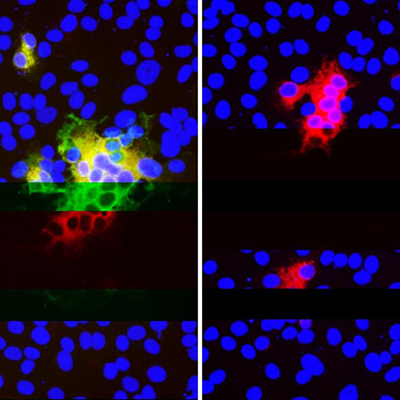 Recurrent deletions help SARS-CoV-2 mutate to escape antibodies
Recurrent deletions help SARS-CoV-2 mutate to escape antibodies
Researchers have identified a pattern of deletions in the spike glycoprotein of the SARS-CoV-2 virus that can prevent antibody binding, which is part of the body's immune response to a foreign virus. These deletions occur as a recurring pattern of evolution, according to a study published in Science on February 3. Read More
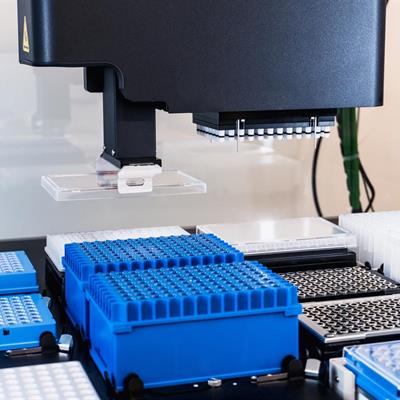 Researchers innovate drug discovery screening techniques
Researchers innovate drug discovery screening techniques
Researchers from around the globe gathered to discuss innovations in laboratory techniques such as phenotypic profiling and flow cytometry for drug discovery applications at the Society for Laboratory Automation and Screening 2021 virtual meeting. Read More
 Machine learning improves COVID-19 drug repurposing efforts
Machine learning improves COVID-19 drug repurposing efforts
A novel machine-learning technique leverages gene expression data to improve drug repurposing and can even predict interactions between drug candidates and targets based on incomplete data. The framework, which was described in Nature Machine Learning on February 1, was applied to drug repurposing for COVID-19 to generate potential lead compounds in line with clinical evidence. Read More
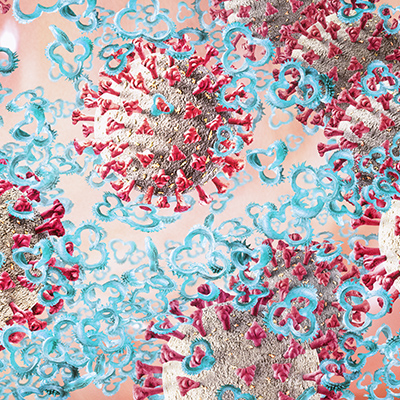 Acute SARS-CoV-2 infection elicits distinct antibody, T-cell responses
Acute SARS-CoV-2 infection elicits distinct antibody, T-cell responses
An analysis of antibody and T-cell responses during the entire timeline of SARS-CoV-2 infection reveals the different ways the immune system responds to the virus in the early phases of COVID-19 disease. The results, published in Cell Reports on January 21, suggest that T-cell responses may be important for controlling infection while antibodies provide longer protection. Read More
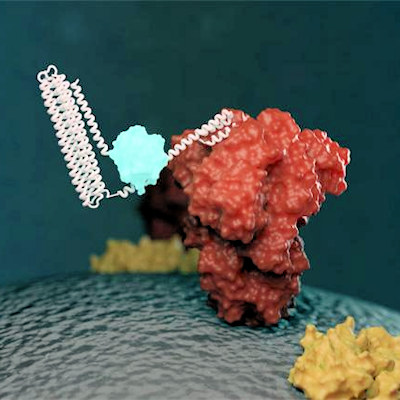 Protein biosensors show promise for SARS-CoV-2 testing
Protein biosensors show promise for SARS-CoV-2 testing
Scientists have developed biosensors to detect SARS-CoV-2 proteins and antibodies in simulated nasal fluids and human sera, according to a study published in Nature on January 27. The approach promises to be less costly and time-consuming than current COVID-19 testing methods. Read More
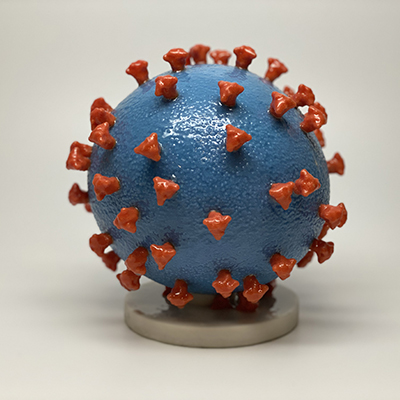 SARS-CoV-2 mutation doesn't affect viral spread, but may limit therapies
SARS-CoV-2 mutation doesn't affect viral spread, but may limit therapies
As SARS-CoV-2 spreads around the globe, mutations of the virus are inevitable. An international team of researchers sought to define the effects of a specific receptor-binding motif mutation on viral fitness, clinical outcomes, and resistance to therapeutic antibodies. The findings of the study were published on January 28 in Cell. Read More
 Global evidence suggests COVID-19 could be seasonal
Global evidence suggests COVID-19 could be seasonal
As the world enters year two of the COVID-19 pandemic, new research suggests that seasonality, including temperature and location, could be a factor in the spread of infections with the SARS-CoV-2 virus, according to an analysis published in Evolutionary Bioinformatics on January 26. Read More
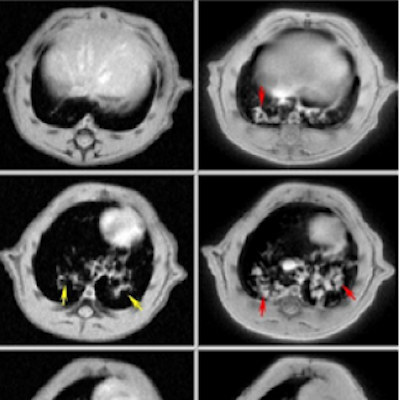 Preclinical lung imaging offers effective evaluation of drug candidates
Preclinical lung imaging offers effective evaluation of drug candidates
Drug discovery and development are arduous and costly endeavors, with nine in 10 drug candidates failing to gain approval. Preclinical imaging can help pharmaceutical companies more effectively evaluate drug candidates, in particular for respiratory diseases. Read More
 Not all genome editing tools are equal: CRISPR vs. TALEN
Not all genome editing tools are equal: CRISPR vs. TALEN
In recent years, a number of novel genome editing tools have emerged, although not all of these tools are equal in terms of efficiency and accuracy, according to a new study published in Nature Communications on January 27. The study observed different DNA search proteins to identify the specific ways that they find target sequences in the genome. Read More
Member Rewards
Earn points for contributing to market research. Redeem your points for merchandise, travel, or even to help your favorite charity.
Research Topics
Interact with an engaged, global community of your peers who come together to discuss their work and opportunities.
Connect
Tweets by @ScienceBoard



